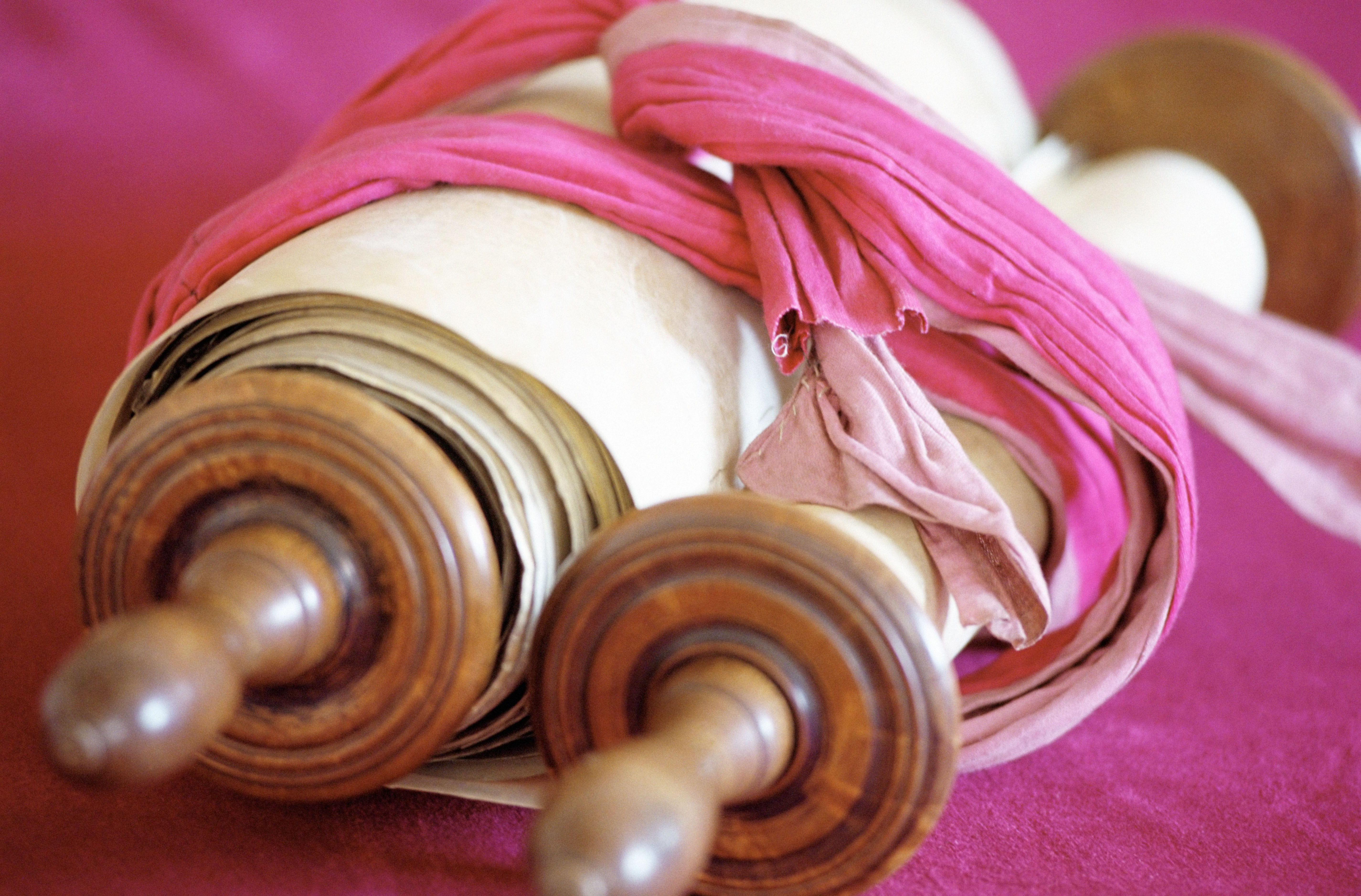
As we read this week’s Torah portion, Parashat Pinchas, we are reminded that women have always needed to assert themselves to be treated equally.
The five daughters of Zelophehad wanted to secure their inheritance, their rightful legacy when their father died but based upon the law of times, only men could inherit land.
This situation was a bit trickier than one would think. Although Zelophehad was counted to receive a piece of land when the census was taken, he died while walking to the Promised Land and had not yet been officially given the actual land.
These women felt that the inheritance system was unjust because it enforced the fact that since they were unmarried, they could not own property. This law meant that their rightful share of land would be passed on to their father’s male relatives rather than to his own daughters, thus nullifying the ability to pass down a legacy to their own families should they have chosen to have one.
The five daughters decided to stand up for their beliefs, challenge tradition, and suggest the creation of a more impartial law. It is extremely important to note that only a few women are named in the Torah, and each of these five sisters had a name. They are Mahlah, Noah, Hoglah, Milcah, and Tirzah. We should also mention that in the Bible, these five daughters appear on three different occasions (Numbers 27 and 36 and Joshua 17). Each time they are together, it denotes not only their importance but likewise the importance of ‘sisterhood.’
At the ‘Tent of Meeting,’ the five daughters plead their case in front of Moses along with the chief priest, the leaders, and the entire congregation. They ask why their father’s share of land should be divided between them. Instead of arguing that the system is inherently unjust, they decide to clearly advocate for their father’s right to have his name preserved, and they make their claim to the land rights based on his name and loyalty to their family.
G-d grants them their request, and a new law in the Torah is created. These women not only now have a legacy gift from their father, but they each have a legacy gift to leave to their own families (if they have them). This law changed history for all women in the same position as them and allowed property ownership by women. I want to emphasize again that G-d granted the women their request, created a new law in the Torah, and reinforced to you that G-d supported the daughters’ voices and their right to stand up for themselves.
In the past 100 years, we, as women, have struggled to gain and protect our rights. In 1788, voting rights in the U.S. were given to white Protestant men who were property owners over the age of 21. But, it was not until August 18, 1920, that women gained that same right. That right was gained thanks to the leadership of the suffragettes.
The Equal Pay Act of 1963 was signed into law by President John F Kennedy. This Act was supposed to combat wage disparity amongst the sexes. In 2022, Pay Equity Day took place on March 15. What does that mean? It means that based on the average salaries of men and women starting work on January 1, 2021, women would have to work through March 15, 2022, to make an average salary equivalent to what a man would have made for 2021. This date is getting closer as last year it was March 22, 2021. It is also important to mention that for mothers and Women of Color, this day goes further into 2022. National Black Woman’s Equity Pay Day is August 3, 2022.
Just recently, we’ve seen the reversal of Roe v. Wade. For many of us, the legacy our parents gifted us was the passage of Roe v. Wade back on January 22, 1973. We as women, daughters, mothers, and grandmothers are now left fighting to get our rights to control our bodies back.
Let’s relate this back to Zelophehad’s five daughters and discuss their challenges. Together, they embarked on a journey to fix an unjust law and remedy the situation. Of the three times the daughters are mentioned in the Bible, they are always together. According to hiddennumerology.com, the number five represents ‘the free will of the human being.’ These women challenged a law that they saw as unjust and had it remedied by their own free will and desire.
That same ‘free will’ caused the suffragettes to demand that women obtain the right to vote. It has us, as women, mothers, and Women of Color, continuing to fight for equal pay. And most importantly, I suspect that we are fighting to control our bodies because of our own ‘free will.’
I suggest that we all take a lesson from the five daughters of Zelophehad and use our own ‘free will’ to stand up for our needs. Whether it be in-person, at a march or protest, signing a petition, writing a postcard, making a phone call, or honoring the work the suffragettes did by voting. WRJ has a fabulous list of resources for immediate actions to protect abortion access that can assist you in whatever action you want. The choice is yours to stand up, take action and be like one of Zelophehad’s daughters.
Remember that based upon Parshat ‘Pinchas,’ G-d blesses these actions.
Related Posts

WRJ Fights Erasure and Abuse

Life is Sacred


